
Best Sunscreen For All Skin Types And How To Choose One As Per Your Skin Type
We've all learned how vital it is to put on sunscreen to protect the skin, but do you truly know why? Because our skin helps safeguard us from dangerous ultraviolet radiation, we should apply sunscreen to safeguard ourselves from these rays. Even on gloomy days, our skin is vulnerable to sunlight, eventually leading to discolouration, skin cancer, and wrinkles.
The most important modification in your daily habits for protecting your skin is to apply sunscreen each morning and throughout the day. Consult your dermatologist if you observe any skin or new pigmentation shifts. Now, let's see the significance of using sunscreen every day.
Why Should You Wear Sunscreen?
· Minimise the chance of Sunburn:
All dermatological practitioners will stress the need for skin safeguarding and sunburn prevention. Sunburn can occur from staying outside for a prolonged time without sunscreen and using tan beds or booths. Sunburns regularly may lead to premature ageing, skin cancer, and various other skin problems. If you have a terrible sunburn with blisters, contact a nearby dermatologist for assistance.
They may analyse the damage and provide medications to relieve discomfort and minimise scarring. If treated promptly, oral or topically applied steroids can help avoid certain aspects of the damage caused by sunburns.
· Preventing Ageing Signs:
Exposure to the sun with little or no sunscreen can harm your collagen, elastin, and skin cells. This can cause premature ageing symptoms, including discolouration, fine lines, wrinkles, and a rough appearance. Premature ageing, also known as photoaging, is widespread among persons who spend hours in direct sunlight without sunscreen, particularly in their twenties and thirties. These skin problems, thankfully, are avoidable with frequent sunscreen use.
· Minimise Your Skin Cancer Risk:
Sunscreen daily, even on gloomy days, is one of the most efficient ways to avoid skin cancer. According to statistics, one in four people will get skin cancer by age 70. You can reduce the likelihood of getting this disease by using SPF 30 or higher numerous times daily. You can apply a higher SPF for even greater protection. Repeat your sunscreen application regularly if you spend much time outside or in the pool.
· Avoid Skin Discoloration:
Living with pigmentation in the skin may seem unpleasant, particularly if it appears later in life. These discolourations, typically tan to brown, are called "sun spots" or "liver spots." They commonly appear on the forehead, face, arms, and hands of both men and women. Using sunscreen regularly throughout the day may assist in avoiding the appearance of these marks on the skin.
· Inflammation Reduction:
When exposed to harsh sun rays, the skin can produce uncomfortable inflammation and redness. This tends to be especially difficult for people who suffer from skin conditions such as rosacea or psoriasis. Wearing sunblock every day can help avoid Sunburn from dangerous rays. If you've got sensitive skin and are susceptible to redness, search for sun protection that contains soothing chemicals such as titanium dioxide or zinc oxide.
You should avoid spray-on sunscreens because their compositions can be harsh, including alcohol, which can dry out your skin. If you have any questions about your skin or need help choosing a product, contact your nearby dermatologist.
Different Types Of Skin:
Because every skin type is unique, it is critical to understand all the different skin types and the conditions that may affect them.
So, how can You determine your skin type?
Several criteria are employed to categorise different kinds of skin. Skin is classed based on numerous variables connected to its harmony, including sebum secretion, moisture, and sensitivity. There are five categories of skin health based on the following traits: normal, oily, dry, combination (including oily and dry skin), and sensitive.
The following sections discuss the primary features of all kinds of skin.
· Normal skin:
This type of skin is neither overly dry nor excessively oily. It possesses a usual texture, no flaws, and an even, smooth appearance, requiring no particular care.
· Sensitive skin:
Sensitive skin is more inclined to react than normal skin. It has thin skin prone to irritation, such as temperature discomfort, itching, or redness. This skin type lacks its layer of defence function, allowing germs and irritating chemicals to enter and raising the likelihood of skin infections and allergic reactions.
· Dry skin:
The symptoms and indications of dry skin might vary based on age, medical history, etc. A sense of roughness and tightness often characterises it. It may also develop an ashy grey colour, redness, itching, and small cracks.
· Oily skin:
Oily skin appears porous and humid. It is caused by the overproduction of fat by the sebaceous glands and is typically determined by hereditary or hormonal issues.
· Combination skin:
Because the placement of sweat and sebaceous glands is not uniform, it exhibits oily and dry skin features. The nose, forehead, and chin normally have more oil, whereas the skin on the sides of the face is average or dry.
Also read: Does Sunscreen Prevent Tanning Effectively?
Best Sunscreen For All Skin Types - How To Choose Sunscreen
Which sunblock should you use daily? Look for the best solutions for dry, oily, or delicate skin.
· If You Have Dry Skin:
Sunscreen is especially crucial for people who struggle to maintain their skin moisture. Dry skin typically indicates a weakened skin barrier, making the skin more susceptible to the harm caused by UV radiation. Choose a moisturising sunscreen with ingredients like glycerin or shea butter to fight dryness if you've got naturally dry skin.
· If You Have Oily Skin:
People with oily skin worry about clogged pores and excessive shine. As a result, you want sunblock with a sun protective factor (SPF) that addresses these concerns. The ideal product may be oil-free or mattifying.
If you're looking for the best-tinted sunscreen for oily skin, Pink Foundry's Mineral Matte Tinted Sunscreen is a good option. Mineral Matte Tinted Sunscreen is an exclusive product made of natural ingredients that offer broad-spectrum UV protection.
· If You Have Combination Skin:
People with combination skin can use all kinds of sunscreen. But if you have any specific skin condition, you have to keep that in mind before buying the product.
· If You Have Normal Skin:
If you are blessed with normal skin, it's easiest to pick a sunscreen of your choice. You can use any sunscreen, from tinted to chemical.
Also read: Sunscreen Basics: Does Sunscreen Expire And How Long It Lasts
Conclusion:
With so many available alternatives, selecting a sunscreen cream can be difficult. One of the most crucial factors to consider when selecting products is the degree of SPF, with an SPF of 30 or above ensuring that your skin is properly protected. The Pink Foundry’s Mineral Matte Tinted Sunscreen can be the most effective choice in this regard.






















































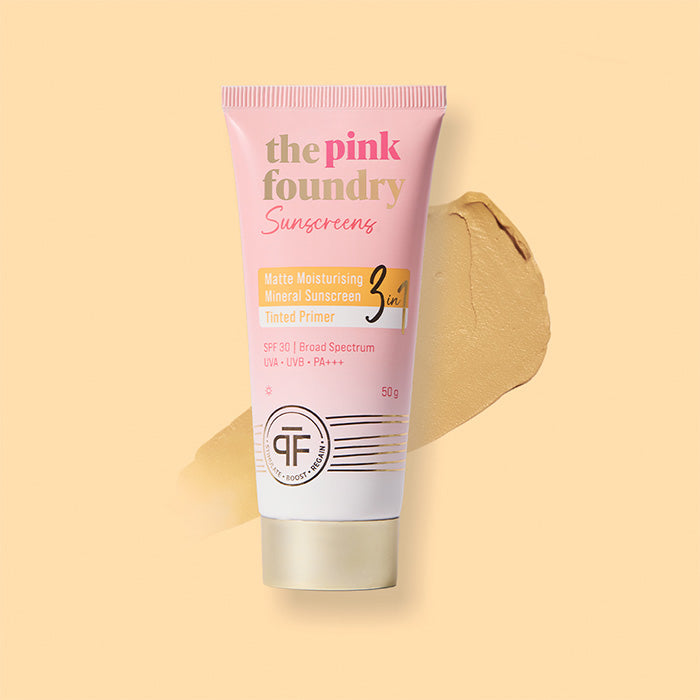
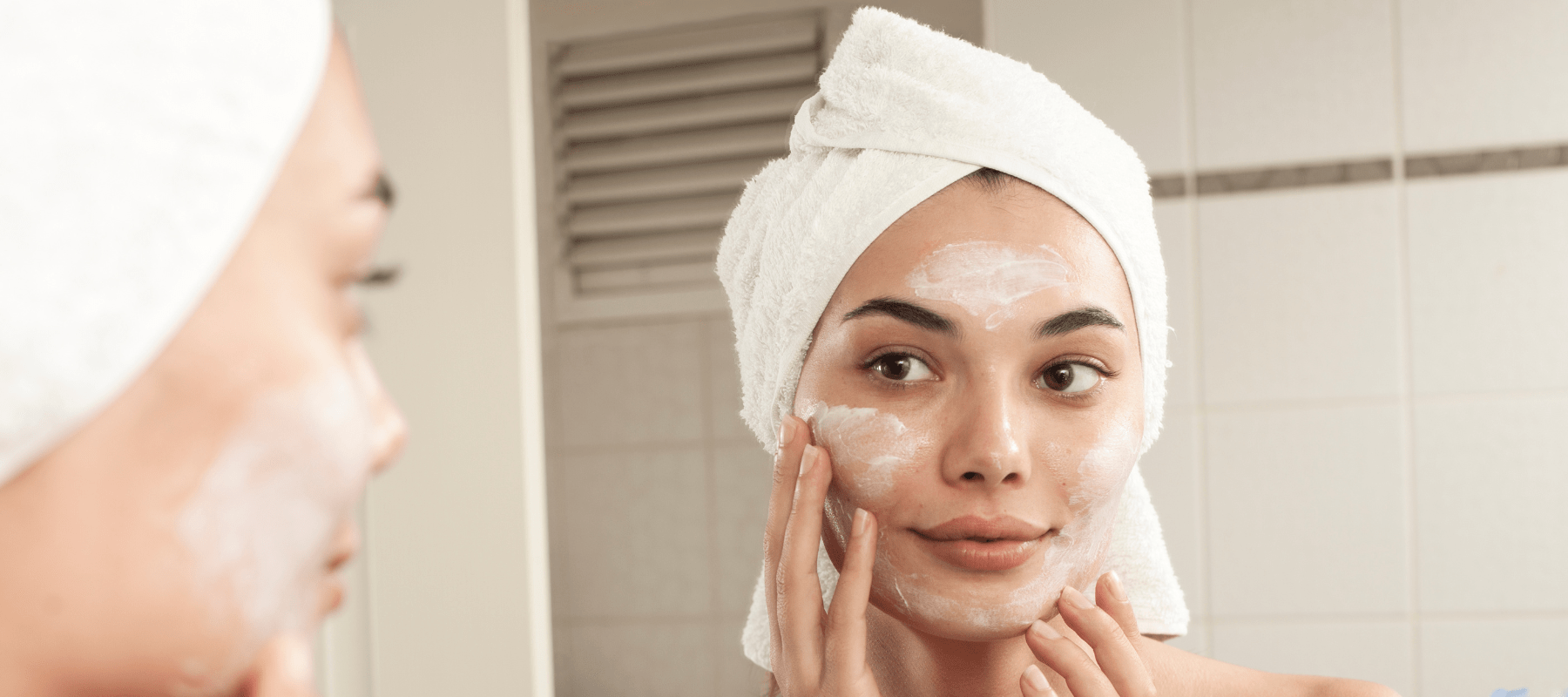
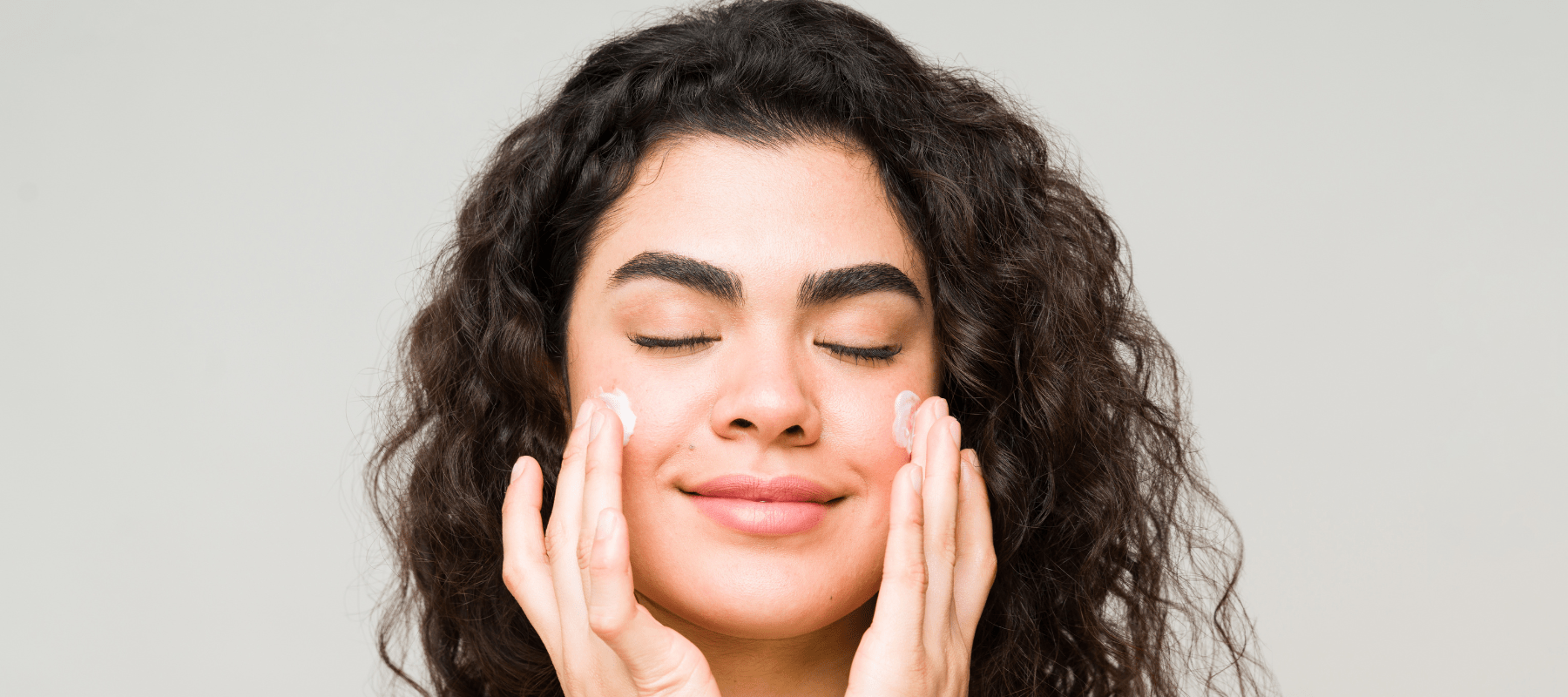
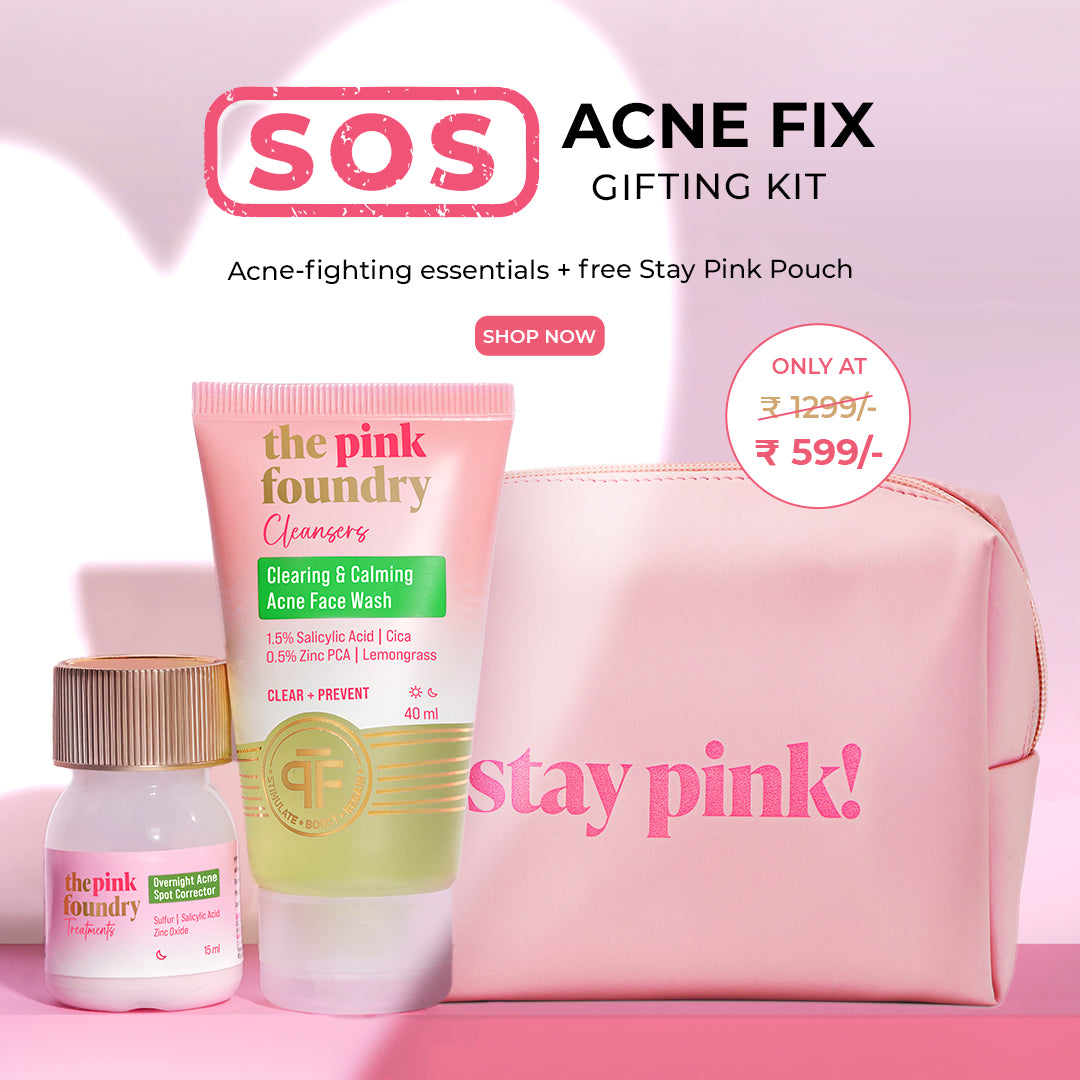
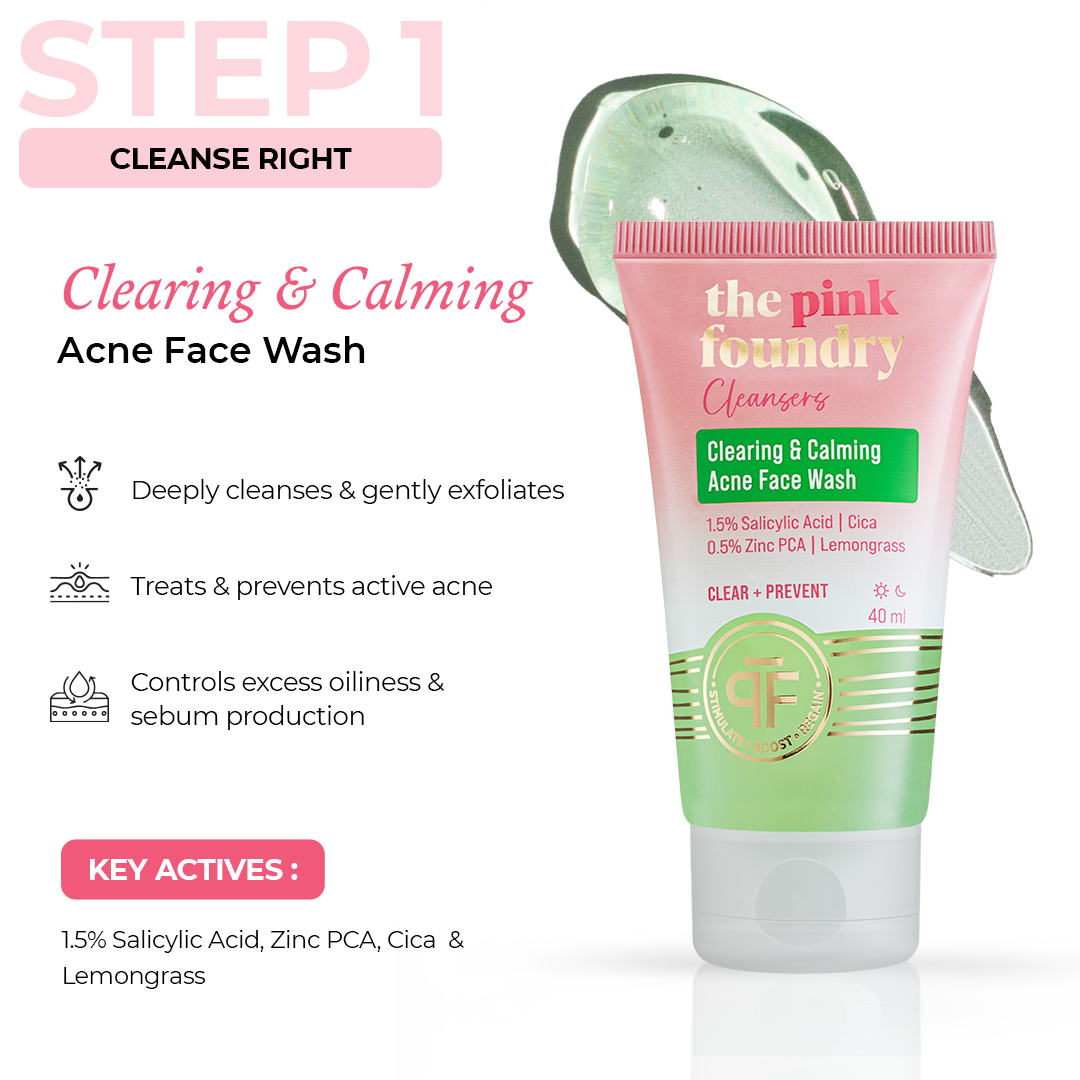




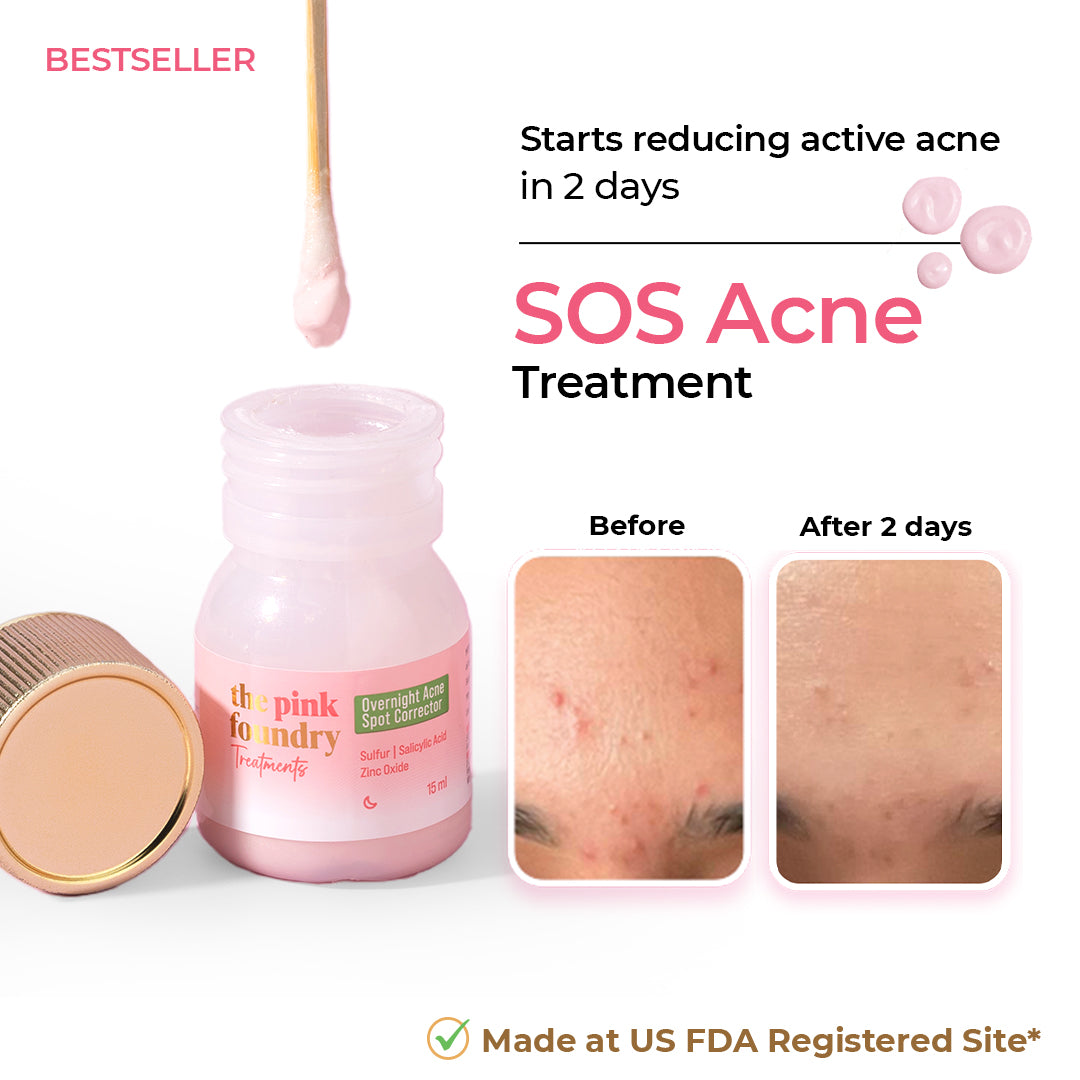
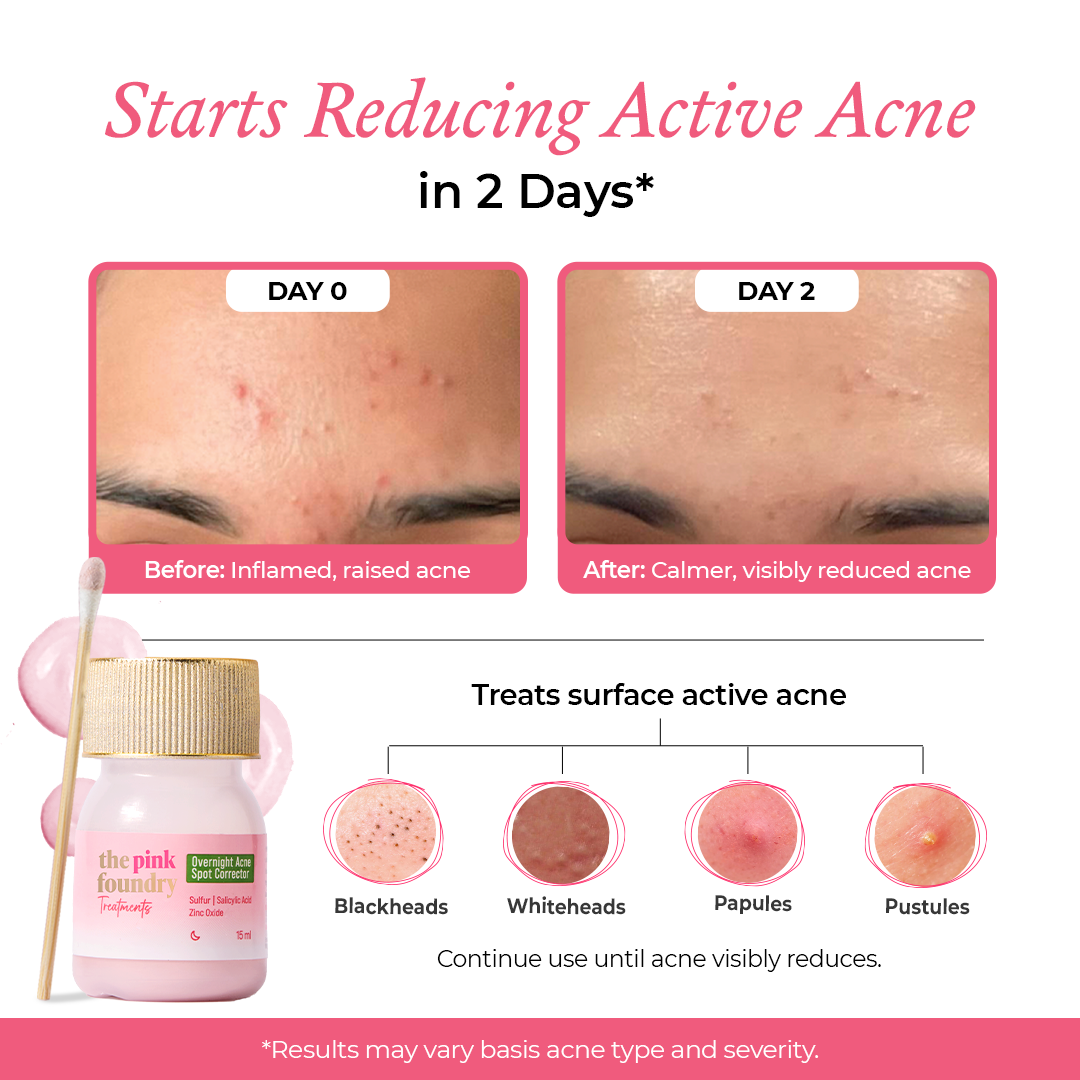








Leave a comment
This site is protected by hCaptcha and the hCaptcha Privacy Policy and Terms of Service apply.